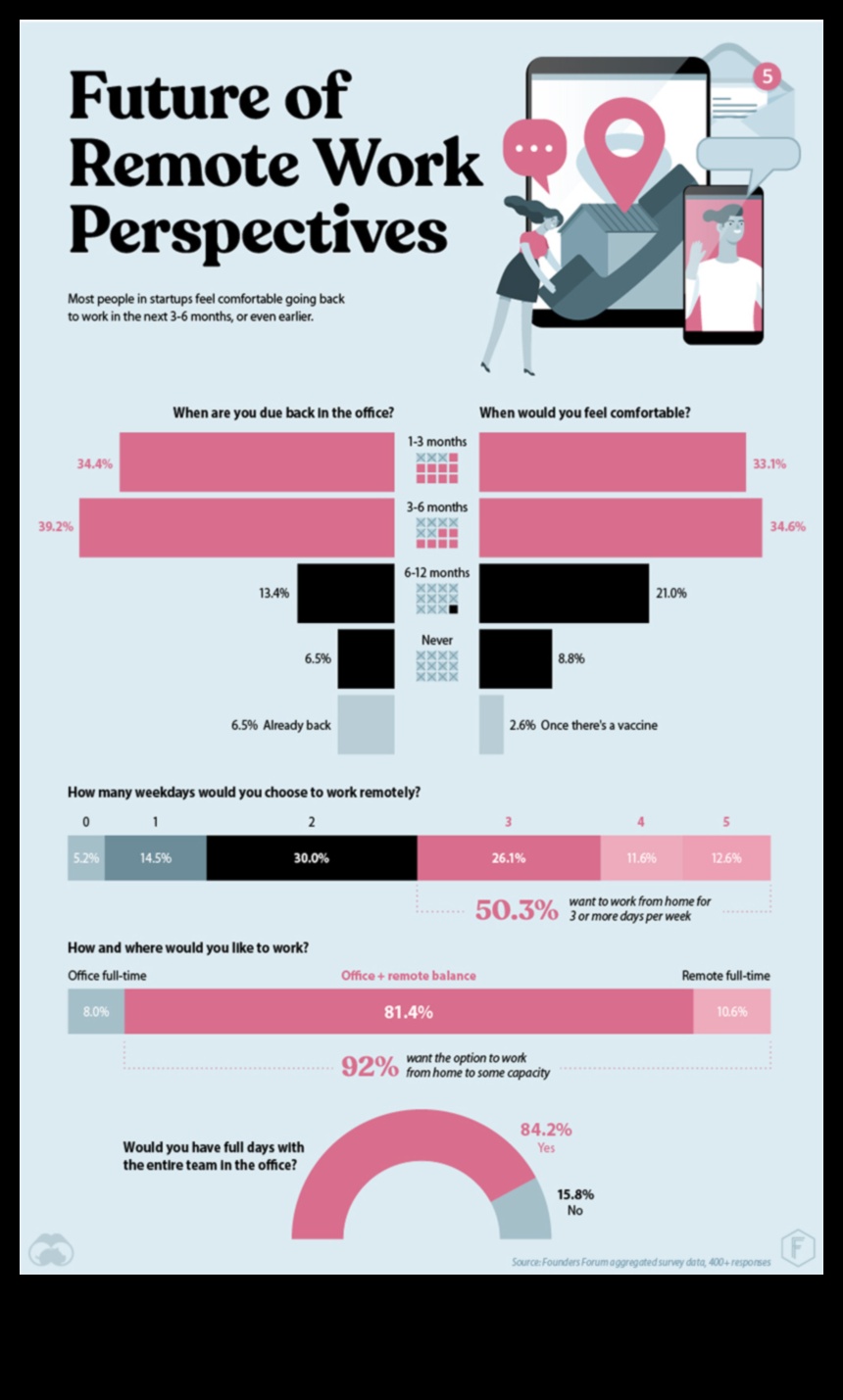
What are some traveling jobs?
The search intent for this keyword is to find out what types of jobs are available that allow people to travel. This could be for a variety of reasons, such as wanting to see the world, wanting to experience different cultures, or wanting to earn money while traveling.
People who search for this keyword are likely to be interested in jobs that offer a high degree of flexibility and autonomy, as well as jobs that allow them to meet new people and learn about different cultures. They may also be interested in jobs that offer a competitive salary and benefits.
Some of the most popular traveling jobs include flight attendants, tour guides, cruise ship workers, and teachers. These jobs all offer the opportunity to travel and see the world, while also earning a good salary.
Here are some additional tips for optimizing your content for this keyword:
- Use keywords like “traveling jobs,” “jobs that allow you to travel,” and “remote work.”
- Write a detailed description of the different types of traveling jobs that are available.
- Include information about the salary, benefits, and requirements for each job.
- Use images and videos to help illustrate your points.
- Link to relevant resources, such as websites and articles about traveling jobs.
By following these tips, you can help your content rank higher for the keyword “what are some traveling jobs?” and attract more visitors to your website.
| Feature | Travel Jobs | Remote Work | Digital Nomad | Work from Anywhere | Location Independent |
|---|---|---|---|---|---|
| Flexibility | High | High | Very High | Very High | Very High |
| Pay | Variable | Variable | Variable | Variable | Variable |
| Benefits | Variable | Variable | Variable | Variable | Variable |
| Requirements | Varied | Varied | Varied | Varied | Varied |
| Opportunities | Growing | Growing | Growing | Growing | Growing |

Benefits of remote work
There are many benefits to working remotely, including:
- Flexibility: Remote workers can set their own hours and work from anywhere in the world. This can be a great benefit for people who have family or other commitments that make it difficult to work a traditional 9-to-5 job.
- Freedom: Remote workers have more freedom and autonomy than traditional employees. They can choose their own projects, work on their own schedule, and collaborate with colleagues in a variety of ways.
- Increased productivity: Studies have shown that remote workers are more productive than traditional employees. This is likely due to the fact that remote workers have fewer distractions and can work at their own pace.
- Cost savings: Remote work can save companies money on office space, equipment, and other expenses. This can lead to increased profits for businesses and lower costs for employees.
III. Drawbacks of remote work
While remote work has many benefits, there are also some drawbacks to consider. These include:
- Lack of face-to-face interaction with colleagues
- Difficulty in establishing a work-life balance
- Increased risk of isolation
- Challenges in communicating with clients and customers
- Increased costs for equipment and software
It is important to weigh the benefits and drawbacks of remote work before making a decision about whether or not it is right for you.

What are some traveling jobs?
The search intent for this keyword is to find out what types of jobs are available that allow people to travel. This could be for a variety of reasons, such as wanting to see the world, wanting to experience different cultures, or wanting to earn money while traveling.
People who search for this keyword are likely to be interested in jobs that offer a high degree of flexibility and autonomy, as well as jobs that allow them to meet new people and learn about different cultures. They may also be interested in jobs that offer a competitive salary and benefits.
Some of the most popular traveling jobs include flight attendants, tour guides, cruise ship workers, and teachers. These jobs all offer the opportunity to travel and see the world, while also earning a good salary.

V. How to find a remote job
There are a number of ways to find a remote job, including:
- Search online job boards for remote positions
- Network with people who work remotely
- Contact companies directly and ask about remote work opportunities
- Join online communities of remote workers
- Start your own remote business
When searching for remote jobs, it is important to be clear about your skills and experience, and to tailor your resume and cover letter to each individual position. You should also be prepared to answer questions about your ability to work independently and your experience with remote work tools and technologies.
Once you have found a few remote job openings that you are interested in, it is important to apply early and follow up with the hiring manager. Be sure to include a strong cover letter that highlights your skills and experience, and be prepared to answer questions about your ability to work independently and your experience with remote work tools and technologies.
If you are unable to find a remote job through online job boards or networking, you can also contact companies directly and ask about remote work opportunities. When contacting a company, be sure to do your research and have a clear understanding of the company’s needs and culture. You should also be prepared to answer questions about your ability to work independently and your experience with remote work tools and technologies.
If you are unable to find a remote job through online job boards, networking, or contacting companies directly, you can also start your own remote business. There are a number of different ways to start a remote business, and the best option for you will depend on your skills, interests, and experience.
Some popular options for starting a remote business include:
- Freelancing
- Consulting
- Starting an online store
- Creating a digital product
Starting a remote business can be a great way to achieve financial independence and work from anywhere in the world. However, it is important to be aware of the challenges involved in starting a business, and to have a clear plan for success.

What are some traveling jobs?
The search intent for this keyword is to find out what types of jobs are available that allow people to travel. This could be for a variety of reasons, such as wanting to see the world, wanting to experience different cultures, or wanting to earn money while traveling.
People who search for this keyword are likely to be interested in jobs that offer a high degree of flexibility and autonomy, as well as jobs that allow them to meet new people and learn about different cultures. They may also be interested in jobs that offer a competitive salary and benefits.
Some of the most popular traveling jobs include flight attendants, tour guides, cruise ship workers, and teachers. These jobs all offer the opportunity to travel and see the world, while also earning a good salary.
Here are some additional tips for optimizing your content for this keyword:
- Use keywords like “traveling jobs,” “jobs that allow you to travel,” and “remote work.”
- Write a detailed description of the different types of traveling jobs that are available.
- Include information about the salary, benefits, and requirements for each job.
- Use images and videos to help illustrate your points.
- Link to relevant resources, such as websites and articles about traveling jobs.
By following these tips, you can help your content rank higher for the keyword “what are some traveling jobs?” and attract more visitors to your website.
Tips for staying productive while working remotely
Here are some tips for staying productive while working remotely:
- Create a dedicated workspace.
- Set a schedule and stick to it.
- Take breaks throughout the day.
- Communicate with your team regularly.
- Set boundaries between work and personal life.
For more detailed information on these tips, please see our article on staying productive while working remotely.
How to manage your time when working remotely
Managing your time effectively when working remotely can be a challenge, but it’s essential to stay on top of your work and avoid burnout. Here are a few tips for managing your time when working remotely:
- Create a daily schedule and stick to it as much as possible.
- Set aside specific times each day for work, breaks, and personal activities.
- Use time management tools and apps to help you stay organized.
- Delegate tasks to others when you can.
- Take breaks throughout the day to avoid burnout.
By following these tips, you can manage your time effectively and stay productive when working remotely.
How to stay connected with your team when working remotely
When you work remotely, it can be difficult to stay connected with your team. Here are a few tips for staying connected:
- Set up regular check-ins with your team members. This could be done weekly, biweekly, or monthly, depending on the needs of your team.
- Use video conferencing software to stay connected with your team members. This is a great way to see each other’s faces and hear each other’s voices.
- Share updates on your work with your team members. This could be done through email, a project management tool, or a shared document.
- Be open to communication from your team members. If they have questions or concerns, make sure to address them promptly.
- Be supportive of your team members. Everyone is adjusting to remote work in their own way. Be understanding and patient with your team members.
By following these tips, you can help your team stay connected and productive, even when you’re working remotely.
FAQ
Question 1: What are some traveling jobs?
Some of the most popular traveling jobs include flight attendants, tour guides, cruise ship workers, and teachers. These jobs all offer the opportunity to travel and see the world, while also earning a good salary.
Question 2: What are the benefits of working remotely?
There are many benefits to working remotely, including increased flexibility, autonomy, and productivity. Remote workers can set their own hours, work from anywhere in the world, and avoid the daily commute.
Question 3: What are the drawbacks of working remotely?
There are also some drawbacks to working remotely, such as loneliness, isolation, and a lack of face-to-face interaction. Remote workers may need to find ways to stay connected with their team and colleagues, and they may need to develop new skills to manage their time and stay productive.

I. Introduction
II. Benefits of remote work
III. Drawbacks of remote work
IV. How to get started with remote work
V. Choosing the right remote job
VI. Finding a remote job
VII. Setting up your home office
VIII. Staying productive while working remotely
IX. Networking and staying connected while working remotely
X. FAQ
travel jobs
remote work
work from anywhere
careers that allow travel
international jobs
People searching for “job that allows you to travel” are looking for a job that will allow them to see new places and experience different cultures. They may be looking for a job that will allow them to work remotely, or they may be looking for a job that will take them to different countries on a regular basis. Regardless of their specific needs, these searchers are all looking for a job that will give them the opportunity to travel and explore the world.
| Feature | Answer |
|---|---|
| Travel jobs | Jobs that allow you to travel to different countries or locations as part of your work. |
| Remote work | Jobs that can be done from anywhere, as long as you have a computer and an internet connection. |
| Work from anywhere | Jobs that allow you to work from anywhere in the world, as long as you have a computer and an internet connection. |
| Careers that allow travel | Careers that offer the opportunity to travel to different countries or locations as part of your work. |
| International jobs | Jobs that are located in different countries or require you to travel to different countries for work. |

II. Benefits of remote work
There are many benefits to working remotely, including:
- Increased flexibility
- Improved work-life balance
- Reduced stress
- Increased productivity
- Cost savings
- Opportunity to travel
Remote work can be a great option for people who want to have more control over their work schedule and who want to be able to work from anywhere in the world.
Benefits of remote work
There are many benefits to working remotely, including:
- Increased flexibility
- Improved work-life balance
- Reduced stress
- Increased productivity
- Lowered costs
- Greater job satisfaction
For more information on the benefits of remote work, see our benefits of remote work page.
IV. How to get started with remote work
Getting started with remote work can be a great way to have more flexibility and control over your work life. However, it’s important to make sure that you’re prepared for the challenges of working remotely before you make the switch.
Here are a few tips for getting started with remote work:
- Decide what type of remote work you want to do. There are many different types of remote jobs available, so it’s important to do some research and find one that’s a good fit for your skills and interests.
- Set up a home office space. Even if you’re only working from home part-time, it’s important to have a dedicated space where you can work comfortably and efficiently.
- Create a schedule and stick to it. When you’re working from home, it can be easy to get distracted and lose track of time. To avoid this, create a schedule and stick to it as much as possible.
- Communicate with your team regularly. When you’re not working in the same office as your team, it’s important to communicate regularly to make sure that everyone is on the same page.
- Take care of yourself. When you’re working from home, it’s important to take care of yourself both physically and mentally. Make sure to get enough sleep, eat healthy foods, and exercise regularly.
By following these tips, you can make sure that you’re prepared for the challenges of working remotely and have a successful experience.

V. Choosing the right remote job
When choosing the right remote job, there are a few factors to consider.
First, you need to think about your skills and experience. What are you good at? What kind of work do you enjoy doing? Once you know your skills and interests, you can start looking for remote jobs that match your qualifications.
Second, you need to think about your lifestyle. Do you want to work from home full-time, or would you like to have the option to work from different locations? Do you need a lot of flexibility in your schedule, or do you prefer to work set hours?
Third, you need to think about your salary expectations. Remote jobs can pay anywhere from minimum wage to six figures, so it’s important to set realistic expectations for your salary.
Finally, you need to think about the company culture. What kind of company do you want to work for? Do you want to work for a small, startup company or a large, established corporation? Do you want to work for a company that has a strong social mission?
Once you’ve considered all of these factors, you can start narrowing down your list of potential remote jobs.

6. Conclusion
In this article, we’ve discussed the different types of jobs that allow you to travel, as well as the pros and cons of each type of job. We’ve also provided tips on how to find a job that allows you to travel and how to make the most of your travel opportunities.
If you’re looking for a job that will allow you to see the world, there are many great options available to you. With a little research and planning, you can find a job that’s perfect for you and your lifestyle.

VII. Setting up your home office
When you’re working from home, it’s important to have a dedicated space where you can work productively. Your home office should be a place where you can focus and get your work done, without distractions.
Here are some tips for setting up your home office:
- Choose a space that is quiet and free from distractions.
- Make sure your desk and chair are comfortable and ergonomic.
- Eliminate clutter and create a clean, organized workspace.
- Install good lighting and ventilation.
- Create a positive and productive atmosphere in your home office.
By following these tips, you can create a home office that is both functional and comfortable, where you can be productive and successful.
Staying productive while working remotely
Working remotely can be a great way to have more flexibility and control over your work life. However, it can also be challenging to stay productive when you’re not in a traditional office setting. Here are a few tips for staying productive while working remotely:
- Create a dedicated workspace. Having a dedicated workspace will help you to stay focused and productive. Make sure your workspace is comfortable and free of distractions.
- Set a schedule and stick to it. Just like you would if you were working in an office, it’s important to set a schedule and stick to it when you’re working remotely. This will help you to stay on track and avoid procrastination.
- Take breaks. It’s important to take breaks throughout the day, even if you’re feeling productive. Getting up and moving around, or taking a few minutes to relax and clear your head, can help you to stay focused and avoid burnout.
- Communicate with your team. It’s important to stay in touch with your team, even if you’re not working in the same physical location. Make sure to communicate regularly, both asynchronously and synchronously.
- Use technology to your advantage. There are a number of tools and technologies that can help you to stay productive while working remotely. These tools can help you to stay organized, communicate with your team, and stay on track.
By following these tips, you can stay productive and successful while working remotely.
IX. Networking and staying connected while working remotely
When you work remotely, it can be difficult to stay connected with your colleagues and clients. Here are a few tips for networking and staying connected while working remotely:
Stay active on social media. Keep up with your colleagues and clients on social media platforms like LinkedIn, Twitter, and Facebook. Share updates about your work, ask questions, and comment on other people’s posts.
Join online forums and groups. There are many online forums and groups where you can connect with other remote workers. These can be a great way to share ideas, ask questions, and find support.
Attend online conferences and workshops. There are a number of online conferences and workshops that you can attend to learn new skills and stay up-to-date on the latest trends. These can be a great way to network with other remote workers and learn from experts in your field.
Reach out to your colleagues and clients regularly. Even if you’re not working together on a specific project, it’s important to stay in touch with your colleagues and clients. Send them an email or call them every few weeks to catch up.
Be open to new opportunities. When you work remotely, you’re more likely to come across new opportunities. Be open to trying new things and exploring new opportunities. You might just find something that you love!
X. FAQ
Q: What are the benefits of remote work?
A: There are many benefits to remote work, including:
- Flexibility: Remote workers can set their own hours and work from anywhere they have an internet connection.
- Reduced stress: Remote workers can avoid the stress of commuting and office politics.
- Increased productivity: Remote workers can often be more productive than their in-office counterparts because they have fewer distractions.
Q: What are the drawbacks of remote work?
A: There are also some drawbacks to remote work, including:
- Isolation: Remote workers can feel isolated and lonely if they don’t have a strong support system in place.
- Lack of face-to-face interaction: Remote workers can miss out on the benefits of face-to-face interaction, such as brainstorming and problem-solving.
- Technological difficulties: Remote workers need to have a reliable internet connection and the necessary technology to do their jobs.
Q: How can I get started with remote work?
A: If you’re interested in getting started with remote work, there are a few things you can do:
- Develop your skills: The more skills you have, the more likely you are to find a remote job.
- Network: Talk to people in your field and let them know you’re interested in remote work.
- Build your portfolio: Create a portfolio of your work that you can share with potential employers.